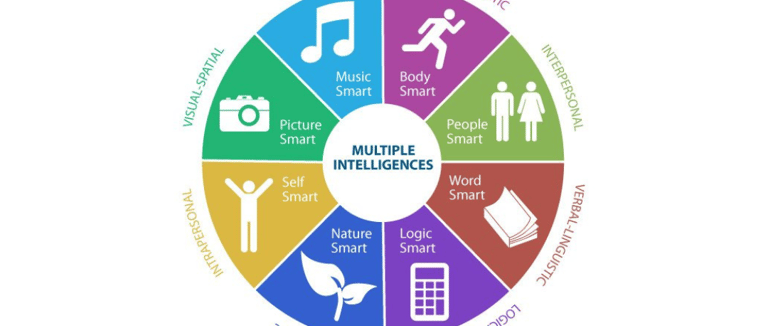Multiple Intelligence
Multiple intelligence theory, developed by Howard Gardner, suggests that intelligence is not a singular, fixed entity, but a diverse spectrum of abilities. This theory recognizes that each individual possesses unique strengths and weaknesses across different areas, such as logical-mathematical, linguistic, spatial, bodily-kinesthetic, musical, interpersonal, intrapersonal, and naturalistic intelligence. Embracing this perspective is crucial when it comes to a child's brain development. By acknowledging and nurturing their varied talents, we can foster a holistic growth environment that promotes their cognitive, emotional, and social skills. For instance, a child strong in spatial intelligence may excel in tasks requiring visualization, while another child with high interpersonal intelligence may thrive in social interactions. Understanding these multiple intelligences can help educators and parents tailor educational approaches and activities that cater to the diverse needs and capabilities of children, ultimately enhancing their overall brain development.
Enhancing Child Development through Holistic Curriculum at Our Daycare


